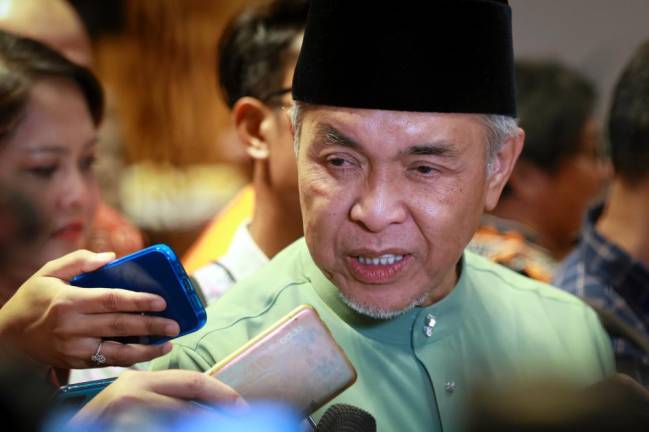PETALING JAYA: Malaysia’s household debt by the end of 2023 stood at RM1.53 trillion, said prime minister Datuk Seri Anwar Ibrahim.
Housing loans, which account for 60.5% of all family debts in the country, remains the biggest debt, followed by auto loans (13.2%) and personal loans (12.6%), according to Anwar, who is also finance minister.
According to several reports, the total household debt for the preceding years, stood at RM1.45 trillion in 2022, RM1.38 trillion in 2021, RM1.32 trillion in 2020, RM1.25 trillion in 2019, and RM1.19 trillion in 2018.
“The household debt-to-GDP ratio at the end of 2023 also increased slightly to 84.2% compared to 2018 (82%),” he stated in a written parliamentary reply.
Anwar was responding to a question regarding Malaysia’s total household debt between 2018 to 2023 posed by Pang Hok Liong (PH-Labis) during the parliament.
According to Anwar, the yearly growth rate of household debt from 2018 to 2023 was at 5.1%.
The primary drivers behind the rise of household debts were automobile and housing loans.
The increase in such loans comes in light of recent government and private sector house ownership incentives, along with the sales and service tax (SST) incentives for the purchase of motor vehicles between 2020 and 2022.
During the question and answer session, deputy finance minister Lim Hui Ying also stated that Bank Negara Malaysia (BNM) was approaching household debt concerns cautiously to make sure they wouldn’t negatively impact the nation’s financial system.
She added that in addition to making sure people borrow only what they can afford to pay back within the allotted time, BNM is trying to raise public financial literacy and encourage households with large debts to enroll in the online financial education program offered by the Credit Counselling and Debt Management Agency (AKPK).
Read More:
Household income of RM10,000 per month can be achieved via macro strategies
Govt projection of RM10,000 household income by 2025 unrealistic: Economists










